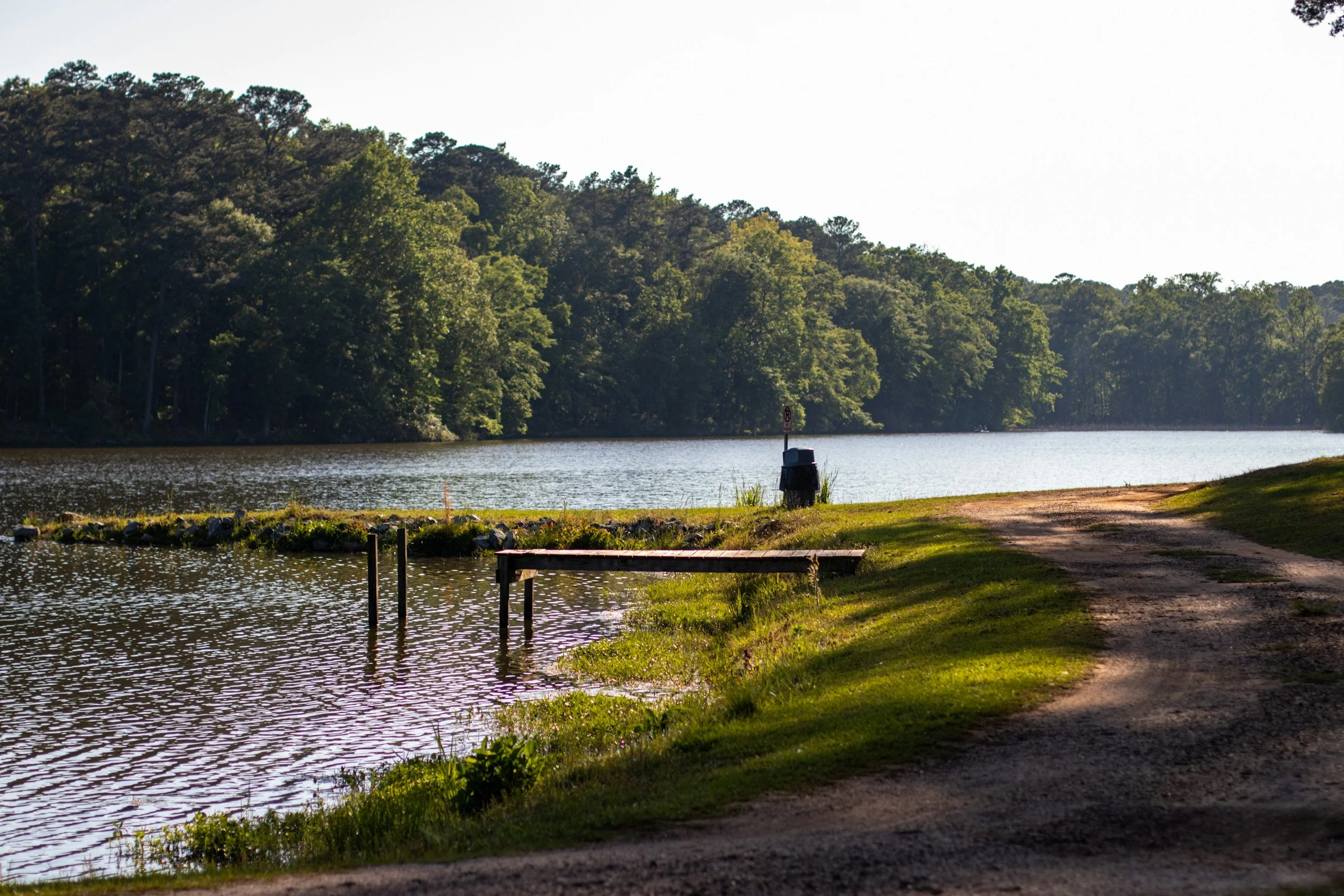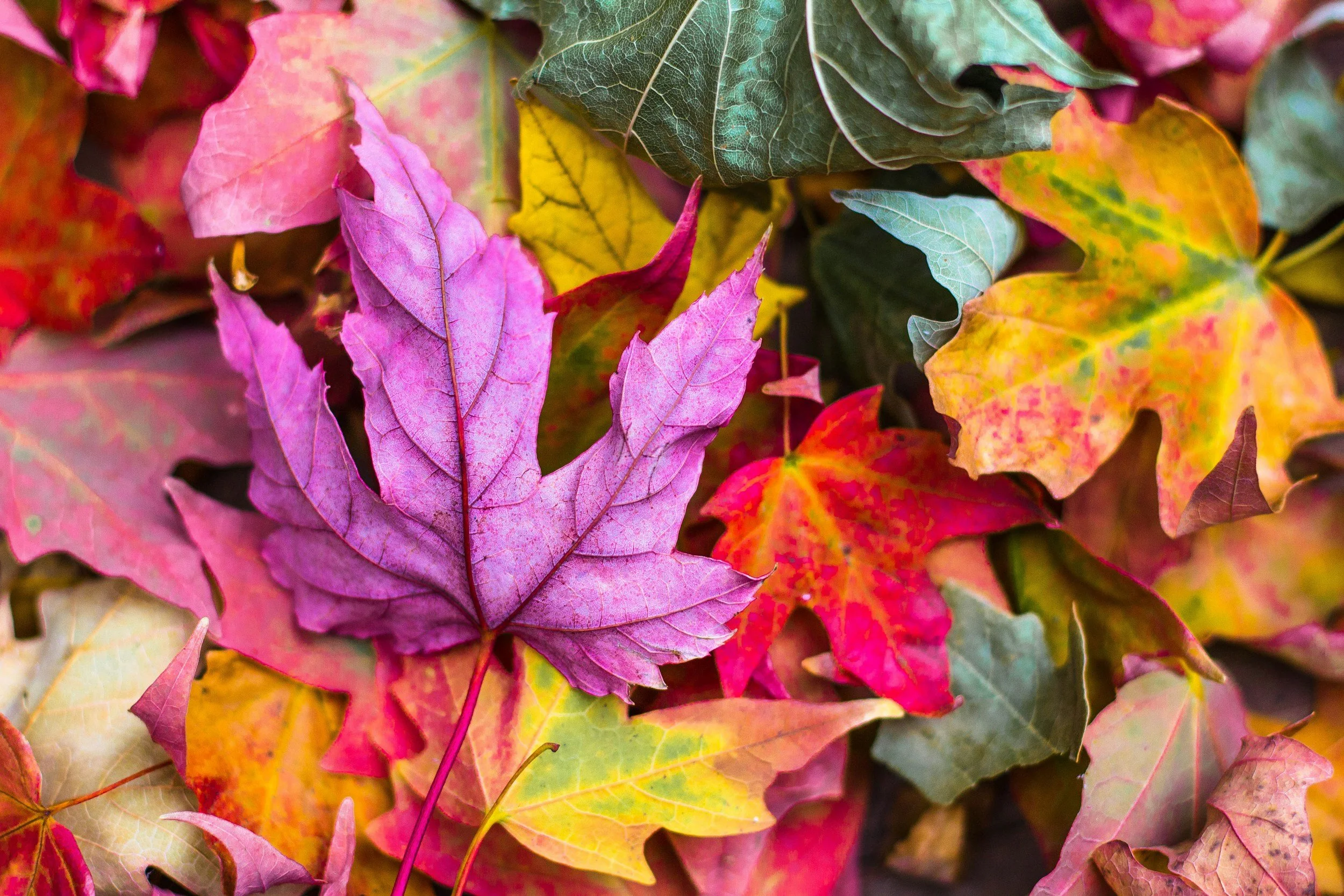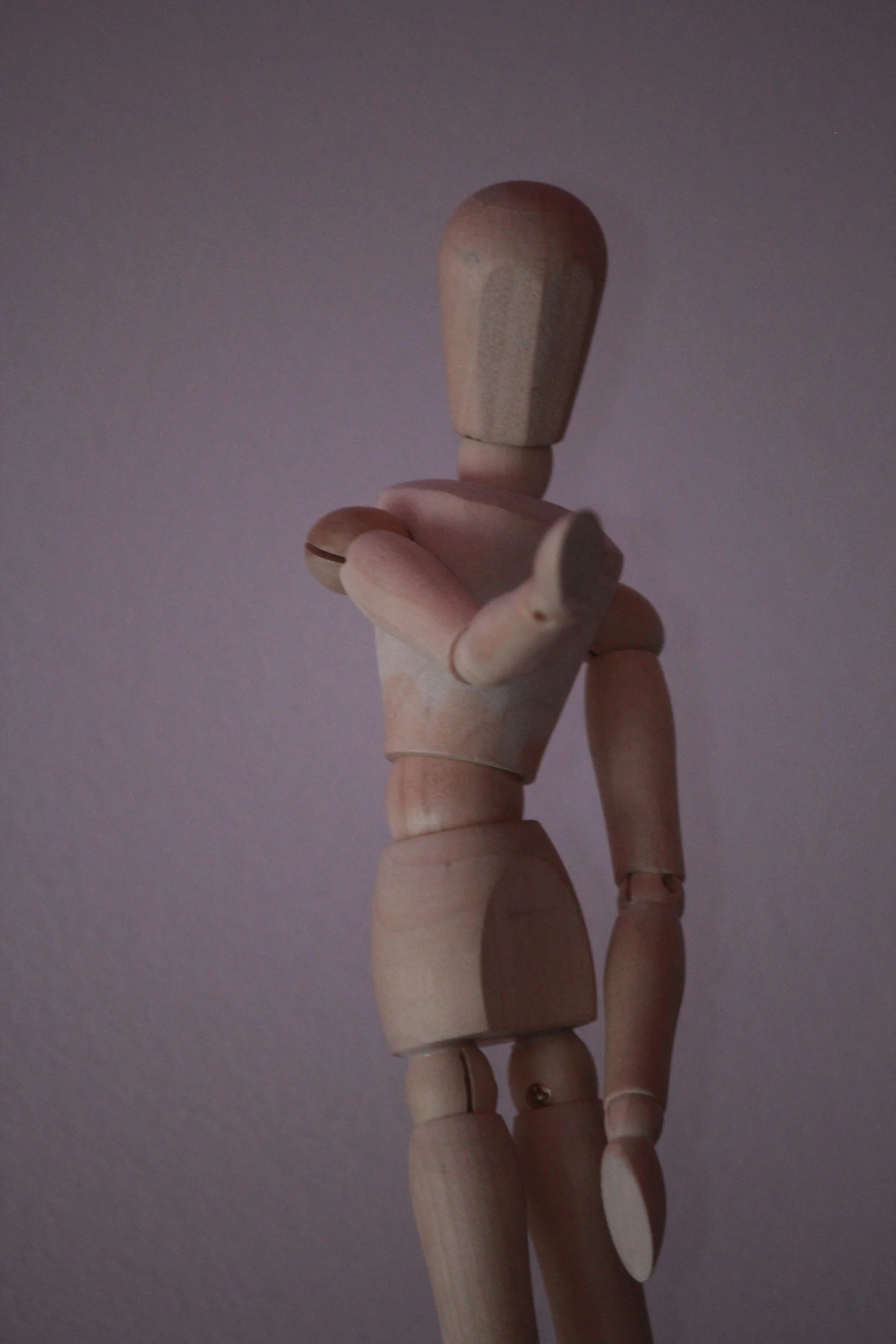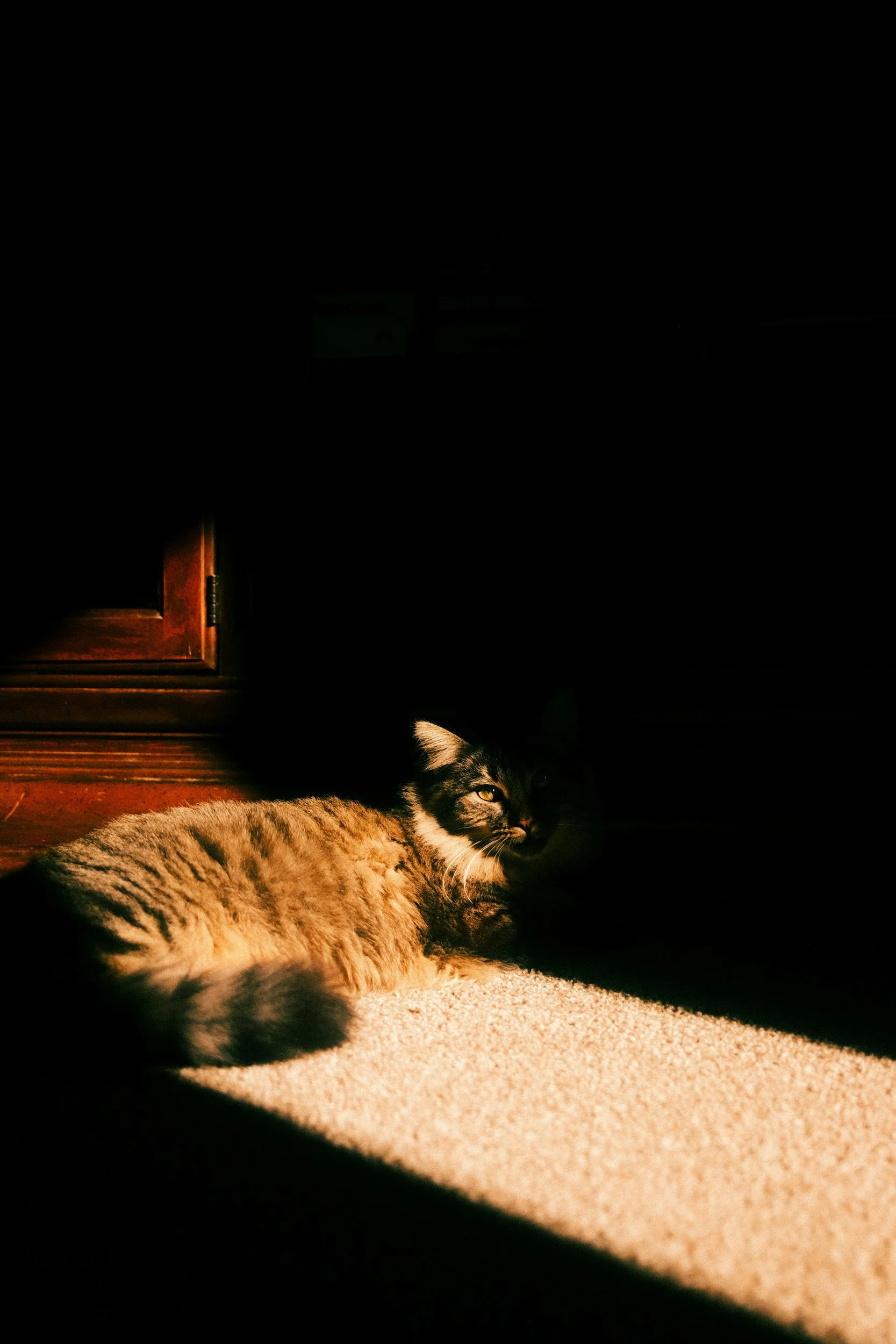The Birth of a Story
I cannot tell you how I first came up with the idea for HerStory without first telling you about a place called Thistle Farms. Thistle Farms is a social enterprisese and nonprofit located in Nashville, Tennessee, and during the last year of my graduate program at Vanderbilt Divinity School I was their full time intern. The company makes natural body products, healing oils, and a few household goods. But that is not what is special about Thistle Farms. Thistle Farms is special because women who have survived trafficking, addiction, and life on the street make the products. These women come to Thistle Farms in search of recovery and a new life. They are given two years of free counseling, housing, and treatment, while also being given the chance to earn a living wage and learn the skills that they need to become free and independent women. It is from these women that the idea for HerStry was born.
The women of Thistle Farms are the most joyful creatures I have ever encountered. They have been hurt and broken in unimaginable ways, but they have so much joy for whatever life has to offer. It is a joy that oozes from them, seeping from their old wounds and manifesting in songs, dancing, laughing, and storytelling. It’s contagious, the way they choose to live their lives, acknowledging their pain, but understanding that the world holds more.
Halfway through my internship, I asked my advisor if I could start to teach a creative writing class to some of the women. I had already helped a handful of women write down their experiences, and I wondered if more could be done. My advisor agreed, and right away my mind started racing—character development, plot lines, and open mic sessions. The possibilities were endless. Or so it seems.
On my way home that afternoon, it hit me. Not the fact that I had never taught a creative writing class, I had taken enough to know what I was doing. I realized I was not taking into consideration the women I would be teaching. I was so focused on having the perfect class, on making it fun and fulfilling, that I forgot about my students. My students were not going to be looking for the type of class I wanted to teach. They were not scholars or academics. They were not college freshmen looking to find themselves in their writings. They were women with extraordinary stories of pain, violence, healing, and forgiveness. They were strong, brave women who had more life experience than your average college freshman. I wondered if I had made a terrible mistake. What if I offended someone with a topic I chose? What if they laughed at me? What if no one came to my class?
……
“What would you like to write about?” I asked a week later, while sitting in the living room of one of the Thistle Farms recovery houses. Nearly 20 women sat with me. Watching me, their eyes eager and excited. They were filled with anticipation. I only hoped I could deliver.
“I want to tell my story,” one of the women said. “I have a story inside and I want to tell it. I need to tell it.” Women started nodding their heads. “I want to tell my truth.”
And that was what happened. We told our truths. It was so simple. I threw out my outlines and plans and every week I went in with a small prompt, and every week I was floored by the way the women responded, with truth, and beauty, and grace.
For three months we met once a week and wrote about ourselves. Even when I gave other story or poetry prompts, everything came back to the stories of our lives. Everything came back to telling the truth about ourselves and discovering our narratives.
I say “our” because I wrote along with the women. It only seemed right that I too should share intimate parts of my life with them as they were with me. Every week we wrote about ourselves, and every week I learned more about who I was, because these women were teaching me to look inside of myself and pull out my own story, my own history.
I soon realized that it wasn’t just these women sitting in the sunny living room of a halfway house who had stories to tell. I had a story of life on a farm, of a struggle to understand myself as a woman, a lover, and an independent soul.
My friends had stories.
My teachers had stories.
Women I saw in the grocery store had stories.
Stories were everywhere just waiting to be told—to be discovered. It was in this moment of realization that I knew I had to do something. Whose voice wasn’t being heard? Who was feeling lost and alone because they did not know someone in another state—another country—had experiences similar to theirs? All women have stories. All girls. All females.
I grew, sitting in that room with so many brave women. I grew listening to their stories. As I told my story along with them I was validated, loved, and supported. My story was just as important as their stories. Your stories are just as important as my story. We all share the common bond of being women, of calling ourselves female. And often we share the heartache of not getting to tell our stories—of not feeling valid, or heard, or needed—of being made to feel we are unequal, of looking at fashion models and thinking that is the body we must achieve. HerStry exists to tell our stories, to learn, to pass no judgment, and to come together as keepers of our own histories.
Every Story Matters.
-Julia Nusbaum, Creator





















